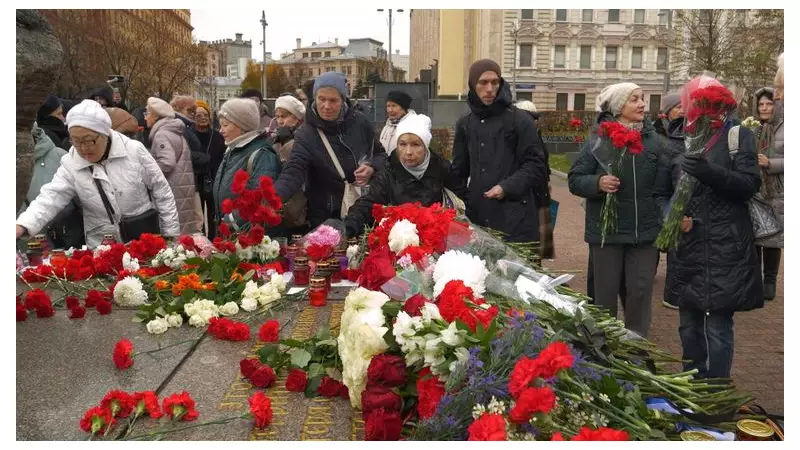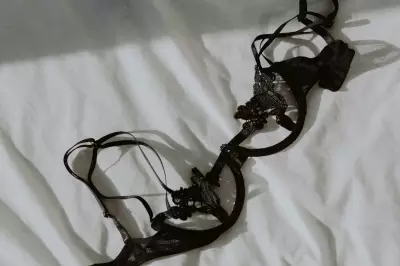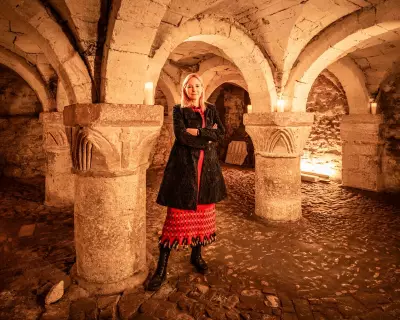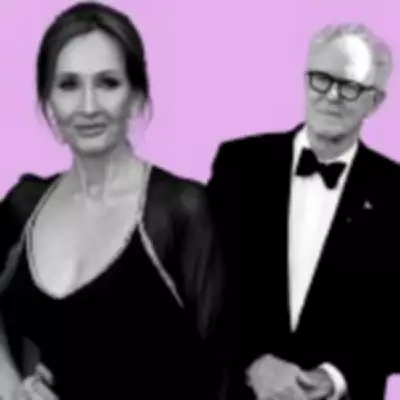
On a day when Russia traditionally remembers the millions who perished under Joseph Stalin's political repression, a chilling question hangs in the air: is history preparing to repeat itself?
The Day of Remembrance
Across Russia, citizens gathered for the annual 'Returning of the Names' ceremony, reading aloud the names of those executed during Stalin's Great Terror. This solemn tradition, held on October 29th, commemorates the darkest period of Soviet history when nearly 700,000 people were executed in 1937-38 alone.
Yet this year's memorial carries an unprecedented weight. Historians and human rights activists voice growing concerns that Vladimir Putin's Russia is increasingly mirroring the tactics that characterised Stalin's regime.
Echoes of the Past
The parallels are becoming difficult to ignore. The ongoing war in Ukraine has triggered a new wave of political repression, with:
- Thousands detained for anti-war protests
- Independent media outlets forced to close or operate abroad
- Legislation criminalising criticism of the military operation
- Growing numbers of political prisoners
Yuri Dmitriev, a historian who helped uncover Stalin-era mass graves, now sits in a penal colony himself—sentenced on charges many believe are politically motivated.
The Battle for Memory
Under Putin's leadership, Russia has witnessed a significant rehabilitation of Stalin's image. Recent polls reveal a troubling trend: nearly 60% of Russians now view Stalin's role in history as positive or somewhat positive.
"We're seeing a deliberate policy of historical amnesia," explains Tanya Lokshina, associate Europe and Central Asia director at Human Rights Watch. "The government promotes Stalin as a strong leader while downplaying the horrors of his regime."
The Crackdown on Memorial
The organisation Memorial, which documented Stalin's crimes for decades, faced a devastating blow last year when Russia's Supreme Court ordered its liquidation. Founded by Nobel Peace Prize laureate Andrei Sakharov, Memorial had become the primary guardian of historical memory about Soviet-era repression.
Its closure represents more than just the shuttering of an organisation—it symbolises the systematic erasure of uncomfortable historical truths.
A Nation at a Crossroads
As older generations who experienced Soviet repression pass away, younger Russians are increasingly exposed to a sanitised version of history. School textbooks now often portray Stalin as a necessary leader who industrialised Russia and won World War II, while glossing over the human cost.
The current climate of fear and self-censorship bears haunting resemblance to the Soviet era. Many Russians report carefully considering every word they speak in public, aware that expressing the wrong opinion could have serious consequences.
As one Moscow resident quietly observed during the memorial ceremony: "We used to read these names thinking this could never happen again. Now, we're not so sure."





